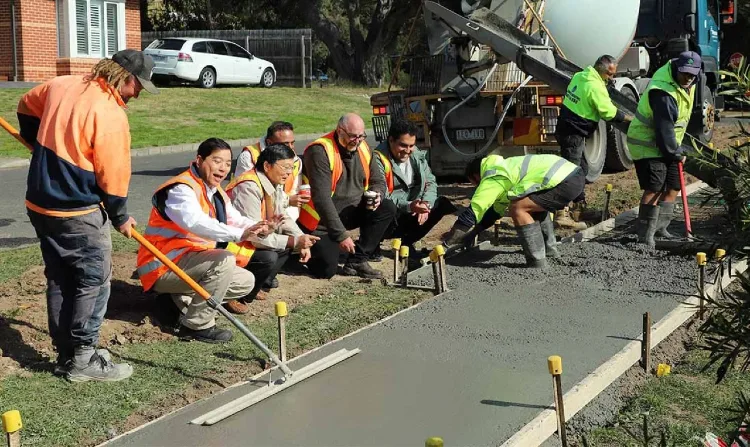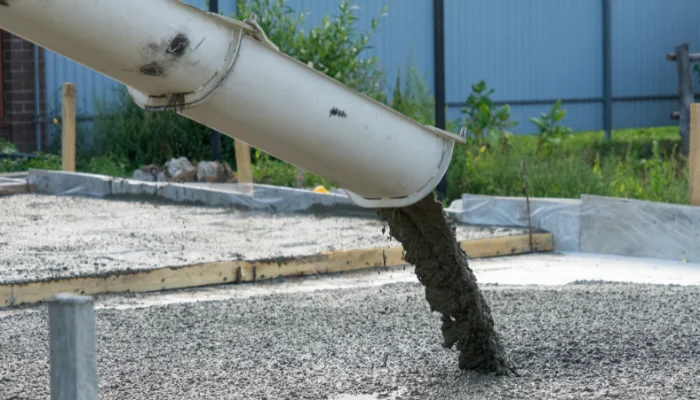Concrete is the second most widely used substance in the world, right after water. Surprisingly, this ubiquitous material is not very eco-friendly. However, researchers at RMIT University in Melbourne are revolutionizing the way we think about concrete by incorporating an unexpected ingredient: recycled coffee grounds. This new type of concrete isn’t just more sustainable; it’s also 30% stronger than traditional concrete.
The key to making this work is biochar. By heating coffee grounds in a low-oxygen environment at 350°C (662°F), the researchers convert them into a charcoal-like material that doesn’t decompose over time, making it ideal for reinforcing concrete. This approach addresses two environmental issues at once: it reduces the need for sand, a finite resource under increasing pressure, and it diverts coffee grounds from landfills, where they would otherwise decompose and emit greenhouse gases.
Real-World Testing
The project is now transitioning from the lab to the real world. The researchers have partnered with a local council to test sections of sidewalk made with coffee biochar concrete alongside traditional concrete. This side-by-side comparison will reveal how the new material holds up under everyday foot traffic.
The benefits of coffee concrete extend beyond environmental sustainability. Its increased strength could lower construction costs. The researchers suggest that the enhanced durability might allow for a reduction in the amount of cement needed in the mix, potentially by up to 10%, translating to lower material costs and a smaller carbon footprint from cement production.

“We’re taking those experiments and putting them in the ground and in the field today. We’re going to have people walking across the concrete that includes these products, and RMIT is going to be coming back and doing testing to see how they stand up,” said Shane Walden, the Council’s Director of Assets and Operations. “This not only helps improve the knowledge level of our contractors and our staff, but it also has lots of other benefits that are important to our community. This includes helping the environment, acting sustainably, and, most importantly, reducing waste to landfill and fostering a circular economy.”
Beyond Coffee Grounds
Coffee isn’t the only waste material under consideration (Slovakia has tried used cigarette butts). The researchers are also exploring biochar derived from other organic waste materials. Each type of biochar has unique properties that could affect the concrete’s performance. By studying these variations, researchers can tailor the biochar to achieve specific qualities in the final product.
More To Discover
- DOE Analysis Reveals Geothermal Heat Pumps Are A Key to a Sustainable Future
- Smart Hydroponic Sustainable Planter: This Is What Happens When Nature And Tech Meet Green Design
- South Korea’s Pivotal Move to Ban Eating Dogs: A Reflection of Changing Times and Attitudes
- Groundbreaking ‘No Burn’ Energy Plant to Convert Waste to Fuel, Opens Soon
Paving the Way for a Greener Future
This trial in Australia paves the way for a more sustainable future in construction. By integrating waste materials into building processes, we can significantly reduce our environmental impact while potentially creating stronger, more durable infrastructure. The success of this trial could herald a new era where everyday infrastructure not only supports our daily lives but also contributes to a healthier planet.



















